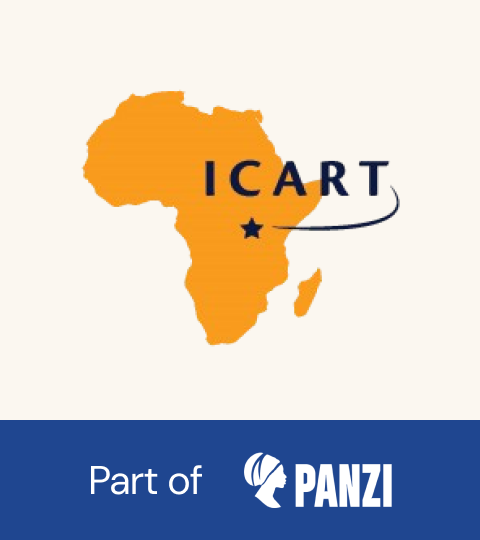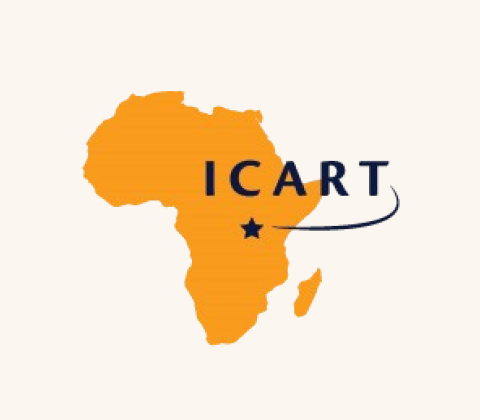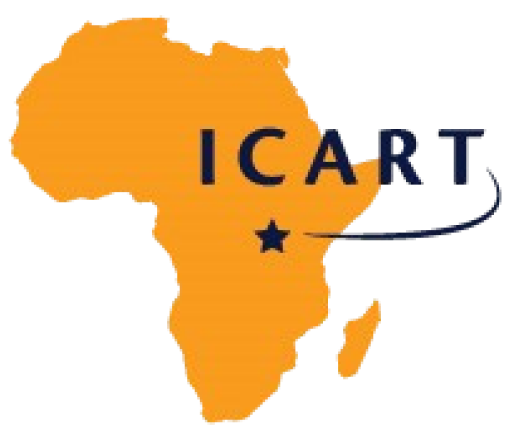Faire progresser la recherche, la formation et les connaissances en matière de santé et de droits sexuels et reproductifs en RDC
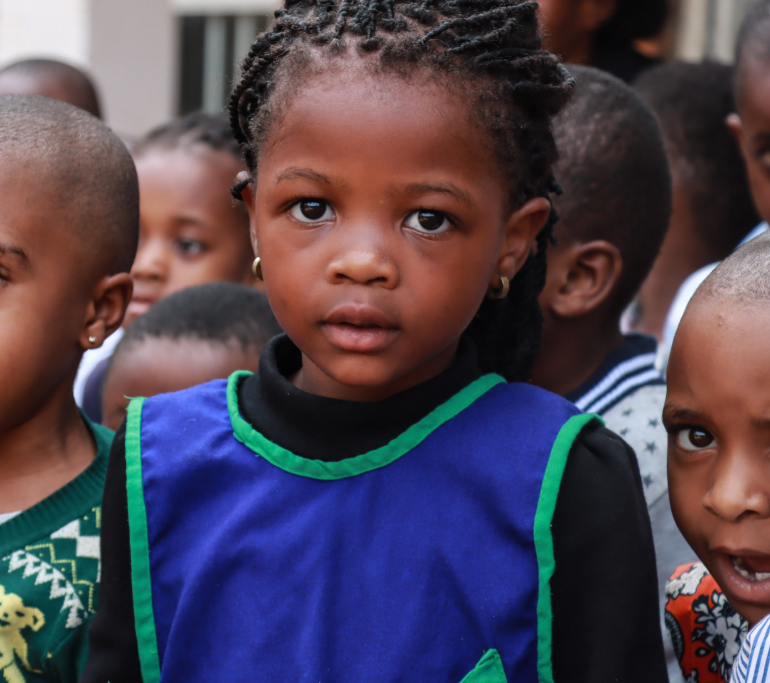
Nos partenaires

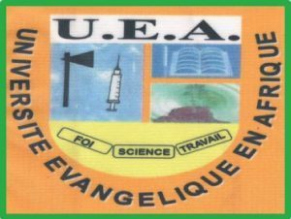
Qui sommes-nous ?
Le Centre international de recherche et de formation avancées (ICART) a été créé à Bukavu, en République démocratique du Congo, en 2013. Dans une région où les communautés continuent de subir les effets collatéraux de la guerre, la création d'un centre de recherche est essentielle pour examiner les expériences des populations touchées par les atrocités du conflit, faciliter une compréhension plus approfondie des facteurs contribuant aux défis communautaires et contribuer à l'élaboration de solutions efficaces, notamment en tirant parti de la documentation fournie par la Fondation Panzi (FP) et l'hôpital Panzi.
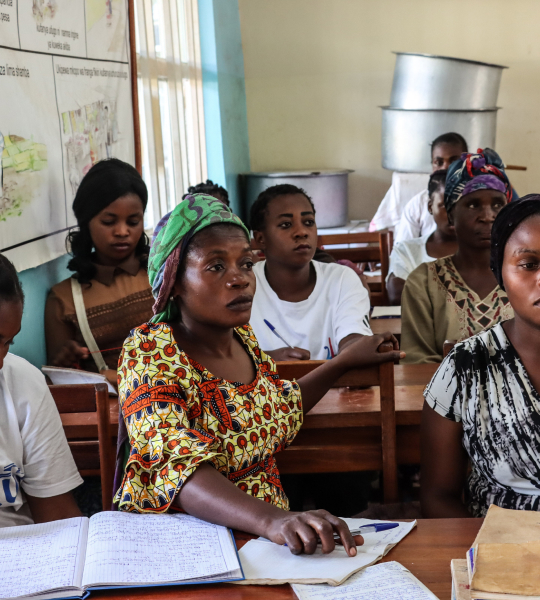
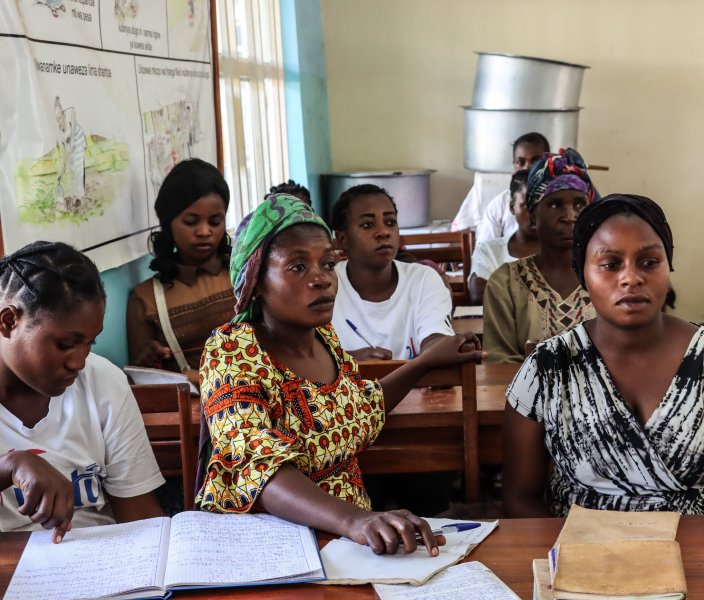
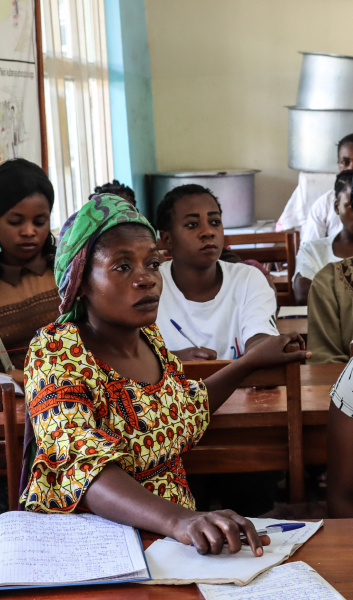
L'ICART a été créé en réponse aux conséquences de la guerre dans la région et se concentre sur la recherche et la formation.
Nos recherches
Satisfaction des victimes de violences sexuelles et sexistes à l'égard des services de soutien dans le cadre du modèle holistique de soins en République démocratique du Congo
Motivations de la violence sexuelle dans les conflits armés : voix des combattants dans l'est de la République démocratique du Congo
Impact du programme Healing in Harmony sur la santé mentale des femmes dans une zone rurale de la province du Sud-Kivu, République démocratique du Congo
Une étude transversale explorant les caractéristiques des femmes survivantes de violences sexuelles vivant avec le VIH/SIDA dans la région orientale de la République démocratique du Congo
Un homme ne pleure jamais : obstacles à la prise en charge holistique des survivants masculins de violences sexuelles dans l'est de la RDC
Les chercheurs peuvent utiliser le portail de l'Observatoire Hygeia pour nous rejoindre dans le soutien et le développement des travaux de recherche.
Les chercheurs doivent suivre la procédure d'approbation en trois étapes de l'ICART pour mener des recherches.
1. Approbation initiale
Soumettre une demande au comité scientifique de l'ICART, en démontrant que le projet répond aux critères requis.
2. Examen des documents
Le comité d'examen de l'ICART examinera les documents, y compris le protocole de recherche, la preuve de financement, les approbations éthiques et les accords de transfert de données.
3. Approbation éthique
Obtenir l'approbation du comité d'éthique de la recherche de l'ICART, en veillant à ce que le projet respecte les normes éthiques et s'aligne sur les valeurs fondamentales de Panzi.
1
Proposition de recherche
1. Approbation initiale
Soumettre une demande au comité scientifique de l'ICART, en démontrant que le projet répond aux critères requis.
2
Exigences de formatage
2. Examen des documents
Le comité d'examen de l'ICART examinera les documents, y compris le protocole de recherche, la preuve de financement, les approbations éthiques et les accords de transfert de données.
3
Documents d'appui
3. Approbation éthique
Obtenir l'approbation du comité d'éthique de la recherche de l'ICART, en veillant à ce que le projet respecte les normes éthiques et s'aligne sur les valeurs fondamentales de Panzi.
Nos progrès
Au cours de la dernière décennie, l'ICART a réalisé des progrès considérables en matière de recherche et de formation, dotant d'innombrables professionnels des compétences et des connaissances nécessaires pour lutter contre la violence sexuelle et sexiste avec expertise et compassion.
Enraciné dans les valeurs de la Fondation Panzi
Notre sponsor
S'impliquer
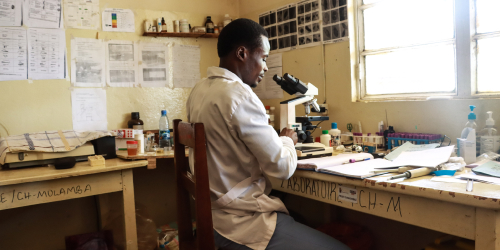
Soumettre un projet
Soumettre une demande au comité scientifique de l'ICART, en démontrant que le projet répond aux critères requis.
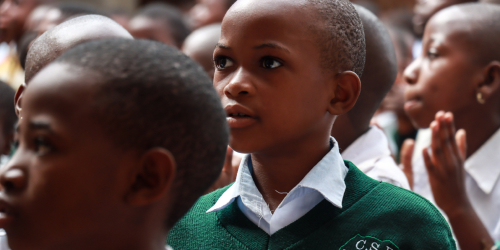
Faire un don
Soutenez le travail de l'ICART en finançant la recherche, la formation et l'autonomisation des futurs leaders dans le domaine de la santé.
